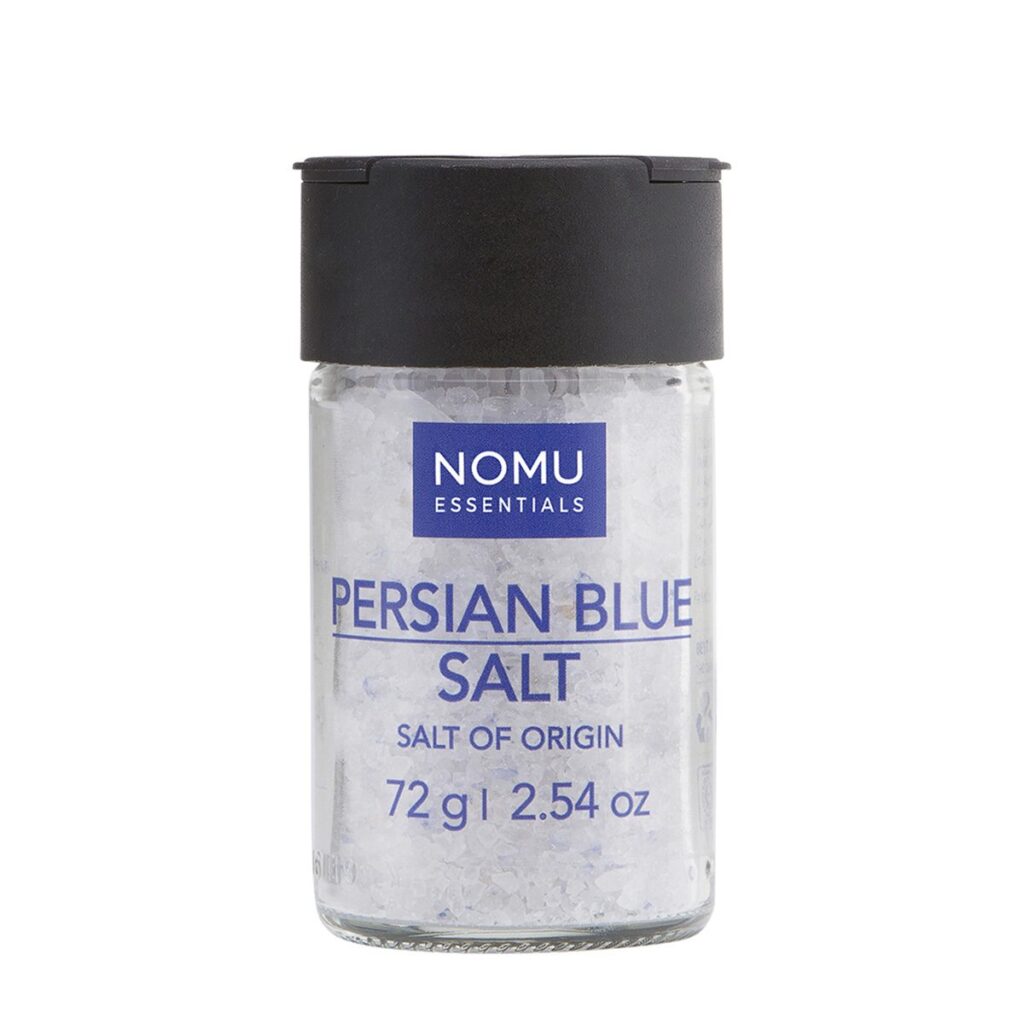Persian blue salt, known for its unique color and flavor, is a mineral-rich salt that has gained popularity in culinary and health circles. This distinct salt is harvested from ancient salt deposits in Iran, making it not only a seasoning but also a potential health supplement. In this article, we will delve into the benefits and side effects of Persian blue salt, providing you with a comprehensive understanding of its uses and implications for health.
As culinary enthusiasts and health-conscious individuals seek natural and unique ingredients to enhance their diet, Persian blue salt has emerged as a noteworthy option. Rich in minerals and trace elements, it offers a variety of potential health benefits while also serving as an exquisite flavor enhancer for dishes. However, it is crucial to understand both its benefits and any possible side effects to make informed decisions about its use.
Join us as we explore the fascinating world of Persian blue salt, including its nutritional profile, culinary applications, and the scientific evidence supporting its health benefits. By the end of this article, you will have a better grasp of whether incorporating Persian blue salt into your diet is a wise choice.
Table of Contents
- What is Persian Blue Salt?
- Nutritional Profile of Persian Blue Salt
- Health Benefits of Persian Blue Salt
- Possible Side Effects of Persian Blue Salt
- How to Use Persian Blue Salt
- Conclusion
What is Persian Blue Salt?
Persian blue salt, also known as "Kala Namak," is a unique variety of rock salt that is extracted from salt mines located in Iran. Its distinctive blue color comes from the presence of trace minerals, particularly potassium, which provides not only an aesthetic appeal but also a variety of flavors that can elevate dishes.
This salt is often used in gourmet cooking, adding a subtle sweetness and depth of flavor to meals. Its coarse texture makes it ideal as a finishing salt, bringing a burst of flavor and color to salads, grilled meats, and seafood. Beyond its culinary uses, Persian blue salt is also celebrated for its potential health benefits, which we will explore in detail.
Nutritional Profile of Persian Blue Salt
The nutritional profile of Persian blue salt is intriguing, as it contains several essential minerals that contribute to its health benefits. Here is a summary of the key components found in this unique salt:
- Sodium: Essential for fluid balance and nerve function.
- Potassium: Supports heart health and muscle function.
- Calcium: Important for bone health.
- Magnesium: Plays a role in over 300 enzymatic reactions in the body.
- Trace minerals: Includes iron, zinc, and manganese, all of which contribute to overall health.
Health Benefits of Persian Blue Salt
Persian blue salt is not just a flavorful seasoning; it is also associated with several potential health benefits. Here are some of the most notable advantages:
Mineral-Rich Benefits
The mineral content in Persian blue salt can provide a range of health benefits. The presence of potassium is particularly beneficial for maintaining healthy blood pressure levels, while magnesium supports muscle and nerve function. Incorporating this salt into your diet can help ensure that you are getting essential minerals that your body needs.
Antioxidant Properties
Research suggests that the trace minerals found in Persian blue salt may possess antioxidant properties. Antioxidants are vital for combating oxidative stress in the body, which can lead to chronic diseases and aging. By consuming foods seasoned with Persian blue salt, you may help your body protect itself against free radical damage.
Digestive Health
Some proponents of Persian blue salt suggest that it may aid in digestion. The mineral composition can help stimulate the production of digestive enzymes, which can enhance nutrient absorption in the gut. Including this salt in your meals may contribute to a healthier digestive system.
Skin Care
Persian blue salt is also gaining traction in skincare routines. Due to its mineral content, it is believed to help improve skin health and hydration. Some people use salt scrubs made with Persian blue salt to exfoliate the skin, promoting a smoother and more radiant complexion.
Possible Side Effects of Persian Blue Salt
While Persian blue salt has numerous potential benefits, it is essential to be aware of possible side effects, especially when consumed in large quantities:
- High Sodium Intake: Like all salts, consuming too much Persian blue salt can lead to excessive sodium intake, which may contribute to hypertension and cardiovascular issues.
- Allergic Reactions: Although rare, some individuals may experience allergic reactions to minerals in Persian blue salt.
- Kidney Strain: For those with pre-existing kidney conditions, excessive salt intake can exacerbate symptoms and lead to complications.
How to Use Persian Blue Salt
Incorporating Persian blue salt into your culinary repertoire can be both enjoyable and beneficial. Here are some suggestions on how to use it effectively:
- As a finishing salt on grilled meats and seafood to enhance flavor and presentation.
- Sprinkled over salads or roasted vegetables for an added crunch and taste.
- In marinades or dressings to elevate the overall flavor profile.
- In baking recipes where a hint of salt can enhance sweetness.
Conclusion
In conclusion, Persian blue salt is a unique and flavorful addition to any kitchen, offering a range of potential health benefits due to its mineral-rich composition. However, it is crucial to consume it in moderation to avoid any adverse effects. By understanding both its benefits and limitations, you can make informed choices about incorporating Persian blue salt into your diet.
We encourage you to try Persian blue salt in your cooking and share your experiences in the comments below. If you enjoyed this article, feel free to share it with friends or explore more content on our site!
Thank you for reading, and we look forward to welcoming you back for more insightful articles!




